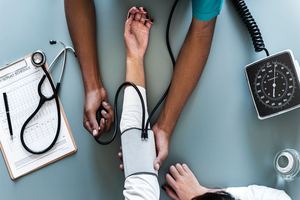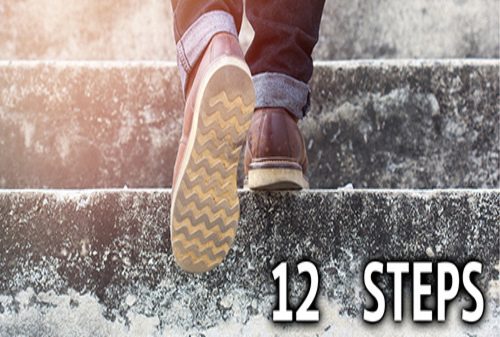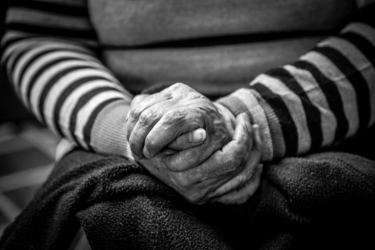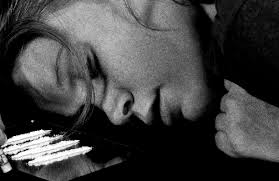Rehabilitation Process
It takes a lot to fight Addiction. From domestic disturbances to driving charges, family members feel helpless and usually avoid confronting the addiction. People often try to fight addiction by themselves. This is great in a way that they have realized that there is problem at hand and they need to do something about it. However, multiple studies over and over have emphasized the fact that people trying to fight addiction by directly reaching out to NA or AA meetings have not fared well and fallen back to their old ways.
The first step must always be to take the required help and visit a treatment center. This step itslef does not mean you will be spending a ton of money. With this article we try to take away some of the perceptions that people have in their minds. Let's try to understand what Rehabilitation process is.
Rehabilitation process has wide array of programs and options that are available to men, women and adolescents suffering from a variety of addictions, including drugs and alcohol. Although every addiction rehabilitation program has a different philosophy regarding treatment and care, there are four processes which play a role in almost every drug or alcohol rehab center.

Steps involved in Rehabilitation Process
- Intake/Assessment
- Detoxification
- Rehabiliation
- Recovery/Aftercare
Intake/Assessment

Most of the rehabilitation process start with an assessment. This is the step in which both you and treatment center come to know about each other and figure out which treatment suites you or your loved one the best. Medical staff will screen you to assess your personal needs, level of addiction, and health state. The assessment is done through a series of physical exams, psychological screening, mental health assessment and drug tests. A treatment plan is usually created at this time, but your progress will be assessed throughout your stay.
Make sure you have complete information about the treatment center and the program that is suggested to you by the treatment center. Look out for different after care services that are being offered and the facility surroundings and amenities depending on the nature of the program.
Detoxification
This is the process by which the body rids itself of a drug. As the name suggests, this stage is intended to remove all traces of drugs and alcohol from the body. The medical team is present to help the individual make it through the withdrawal symptoms that occur during the process. Detox withdrawal symptoms are not usually life-threatening, but then can cause discomfort, which may lead to relapse.
Rehabiliation
This phase of the rehabilitation process is considered to be the most important part of the program. Addiction rehabilitation therapy and counseling address the psychological aspect of dependence. Certified counselors help you establish the a solid base upon which the future rehabilitation process could be carried forward. These sessions are either private, one-on-one meetings, with a group of other recovering addicts or for members of the immediate family. This rehabilitation process will help you in identifying the triggers for addiction so that a custom plan could be put in place for a successful recovery.
Recovery/Aftercare
fterCare or Recovery is any form of continuous treatment that occurs after initial treatment is completed. Finishing the rehabilitation program does not mean the process is done. Recovery is a lifelong process and many challenges as resisting cravings, triggers to use or drink again and relapse. There are a wide variety of programs aimed at helping the individual maintain sobriety after the program is over. After Care programs such as NA Meetings or AA Meetings, addiction therapy at the facility or even time spent at a sober living home will all help in a healthy and a long term recovery.










